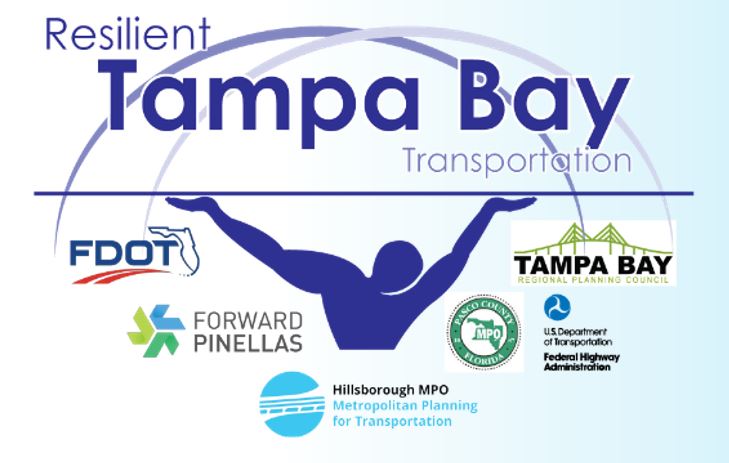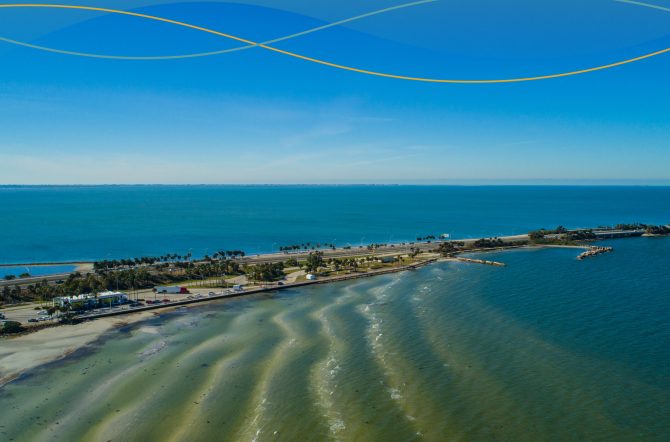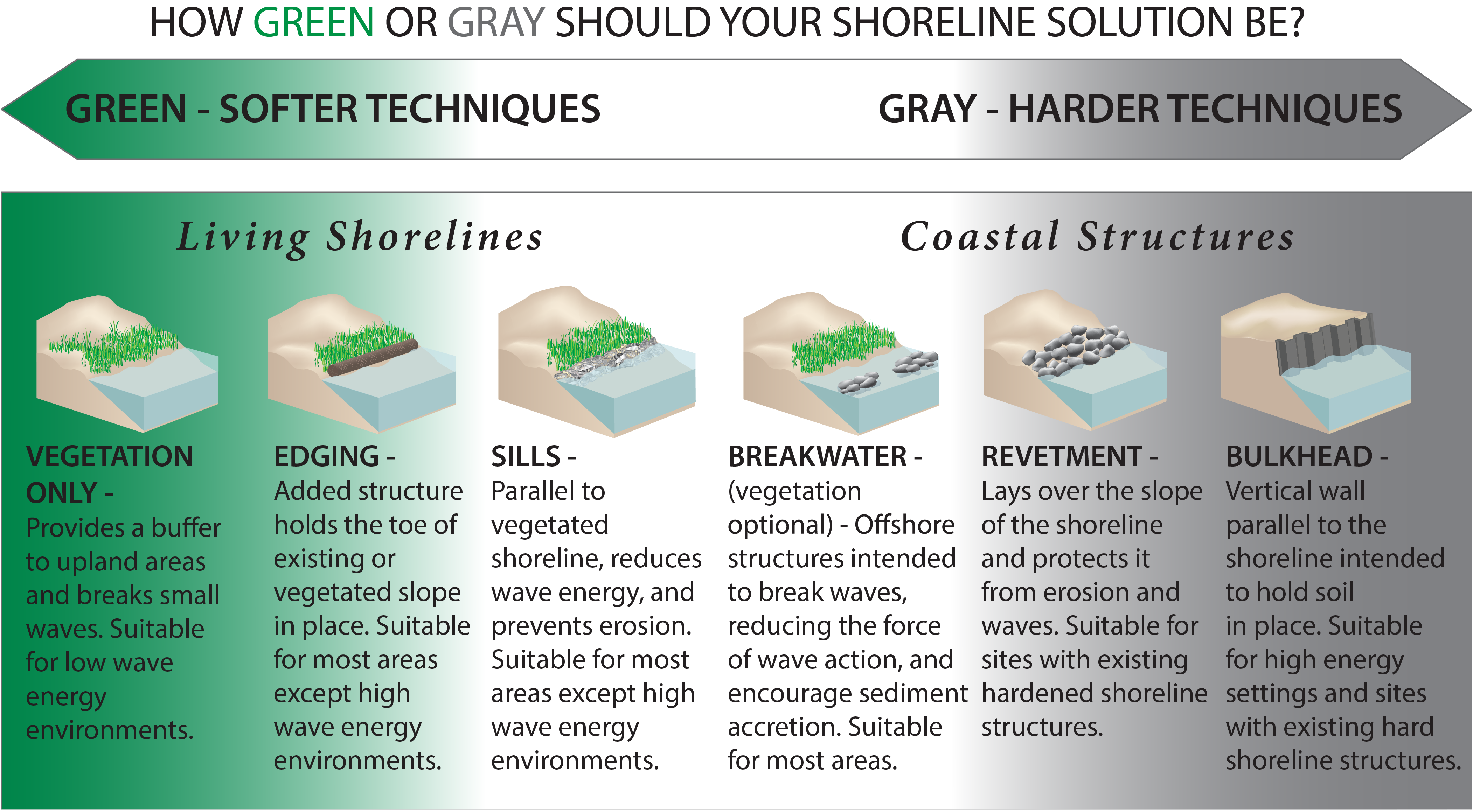The Tampa Bay area transportation system’s vulnerability to flooding and sea level rise was recently highlighted at an international conference on resiliency in Washington, D.C. Sean Sullivan, executive director of the Tampa Bay Regional Planning Council, joined others from the area to discuss potential problems and solutions.
The water throughout the region makes it a beautiful place to live and vacation, but also puts the Tampa Bay area at risk. Sullivan and the team presented these facts:
- The Tampa Bay area has 1,000 miles of shoreline
- 58% of the area’s population of almost 3 million residents lives in flood zones.
- In at least three counties, nine inches of rain over a 24-hour period would impact 12% of roads.
- A Category 3 hurricane with high sea level rise would potentially impact 28% of roads in the Tampa Bay area.
Because roads are critical to the safety and prosperity of Tampa Bay, doing upgrades is critical because of the potential negative economic impact that may result from leaving roads vulnerable.
Steps to creating a resilient transportation network should include:
- Creating barriers such as wetlands and sea walls to protect against storm surge.
- Elevating roads above flood levels.
- Improving drainage to help roads shed water more quickly.
- Strengthening infrastructure to increase durability by hardening shoulders.
- Improving bases of roads so they are more resistant to erosion.
The information reported in Washington, D.C. was the outcome of the Resilient Tampa Bay Transportation Pilot, a joint initiative involving the Hillsborough, Pinellas, and Pasco Metropolitan Planning Organizations, the Tampa Bay Regional Planning Council and the Florida Department of Transportation’s District 7.
The project used federal funding to gain public input and review scenarios that are likely to impact the regional transportation network over the next 25 years. Participants identified areas at highest risk of flooding, recommended steps to enhance durability of roadways and determined costs and benefits to assist regional decision-making.
Learn more about the Resilient Tampa Bay Transportation Pilot.





